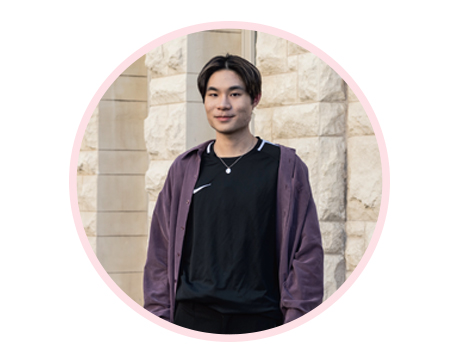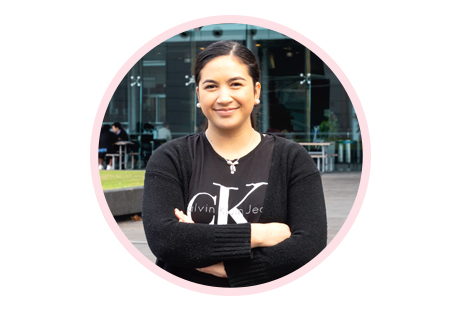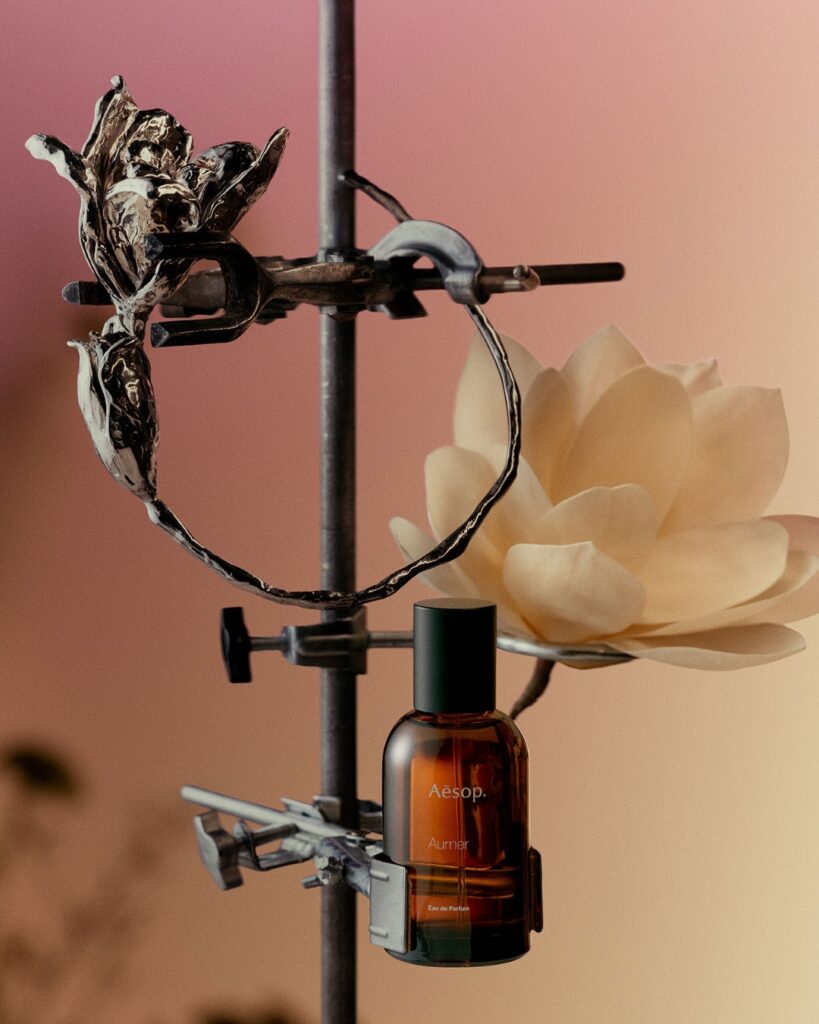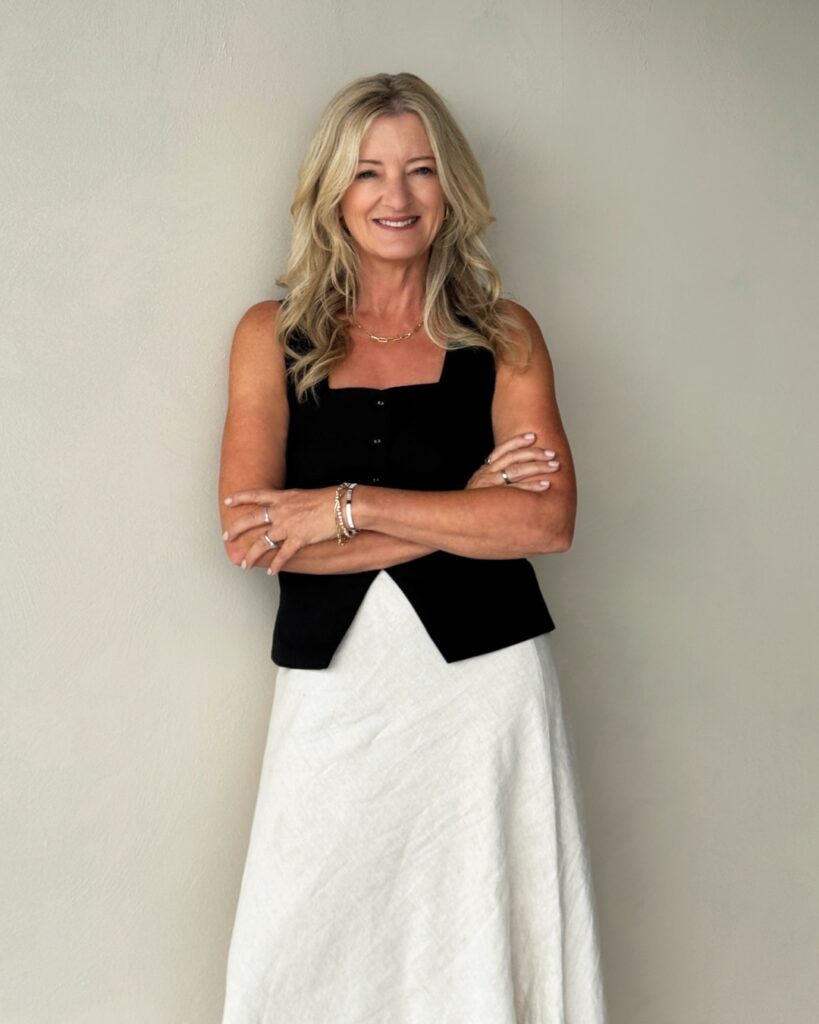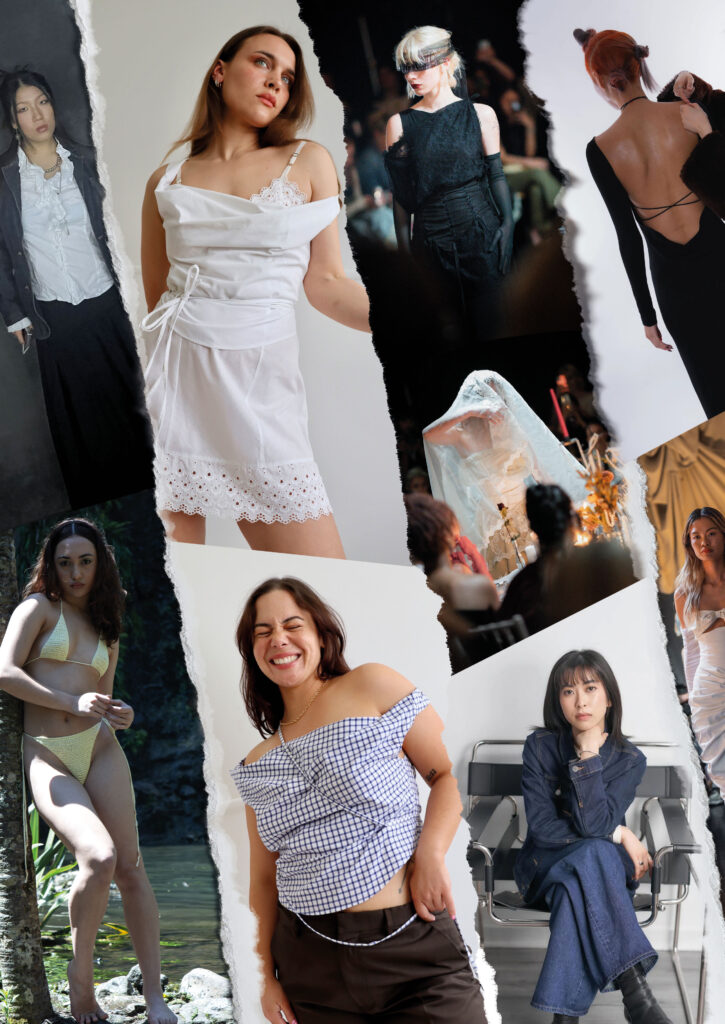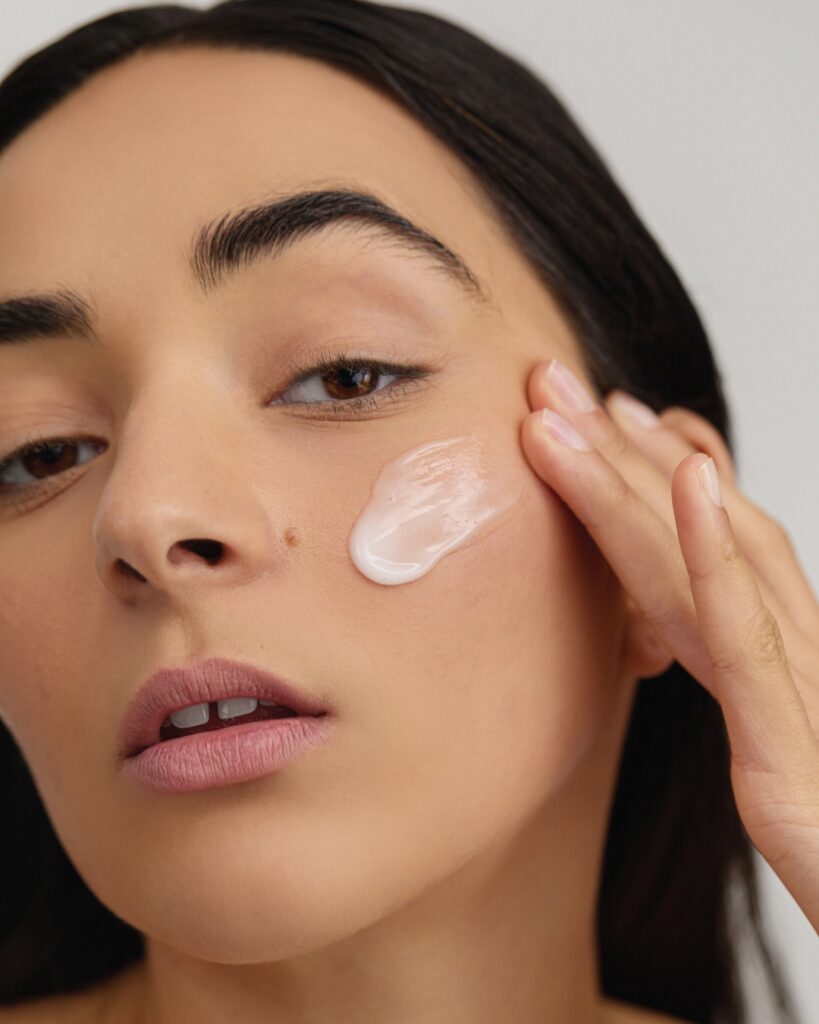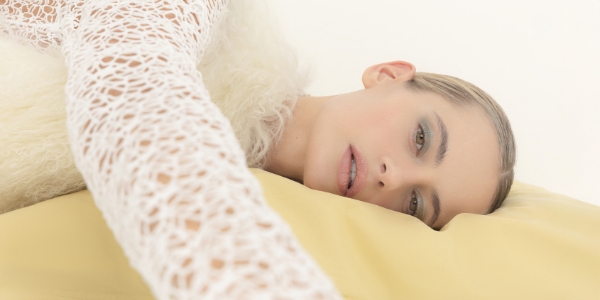You’re one step closer to becoming a #Girlboss.
Entering university may be scary at first. But from finding independence and forming friendships, there’s so much to look forward to.
We spoke to three University of Auckland students about their first-year experiences and what advice they’d give to high school students so taking the next step isn’t so daunting.
Here are their thoughts:
Alex Su is studying a Bachelor of Fine Arts at Elam
Leaving an East Auckland high school and studying at the Elam School of Fine Arts was not always the plan for Alex Su, 19. He initially applied for universities overseas, even getting into one in London. Ultimately, though, he decided to stay in Auckland, citing the vibrant art scene, culture and familiarity with the city as determining factors.
“There are always cool things happening in Auckland. And with how tight-knit the various communities are here, you never miss out on an interesting event.”
Plus, the range of galleries available in the city to expand his arts practice was a huge drawcard. “It’s been really beneficial for my studies.”
Alex also credits an Elam workshop in Year 13 as a huge reason for solidifying his choice to attend the University of Auckland and to major in Fine Arts, as it allowed him to see what opportunities were available to him. Two students from every high school were chosen to attend, and Alex picked from four different Elam workshops in order to check out what the programme was all about.
“That was really eye-opening because it was so different to what we did for NCEA. I got the chance to talk to the tutors in Elam who are practising artists. They were all really great people, so I thought it would be great to stay and learn from them.”
“The modules and way of thinking can be really different. Something I’m really proud of this year was doing a performance art paper and I’ve never done anything like that before.”
He encourages any prospective students to try and attend an open day, as physically being on campus is important in order to get a feel of the place. The university holds many opportunities that allow students to have an inside look into campus life, join a current student on a tour, talk to a student adviser and find out more about the courses on offer.
“If you are only looking online or in prospectus booklets, you can’t really grasp what’s happening.”
If you’re not in Auckland, you can also join a Future Student Evening, which are held across the country, to answer any questions you may have (auckland.ac.nz/futurestudentevenings).
University life and learning is very different to high school, something Alex had to adjust to in his first year. “That’s been a challenge but I’ve told myself to take a step back and I can always make changes.”
Elam has taken Alex in with gusto, creating a support system around him of like-minded people. “I’ve made really good friends at Elam, but it’s not the only way to do so. You can make them through clubs and sports. Some people I know have joined a basketball team and formed really great relationships through that.”
Sophie Burns is studying a Bachelor of Commerce, majoring in Marketing
For Sophie Burns, 19, leaving her hometown of New Plymouth and coming up to Auckland for university was an easy decision. “I love big cities and have always loved Auckland. Culturally, there’s a whole heap of diversity, festivals and events going on.”
Compared to New Plymouth, she says, it’s much easier to find things to do with friends. And compared to other universities in New Zealand she visited, the University of Auckland was a lot more modern in the facilities, the living spaces, and the type of courses offered.
Plus, when looking at the degrees Sophie was considering – law and pharmacy among them– she felt the University of Auckland had the best programmes. It was a no-brainer.
Moving away from her family, Sophie found a different sort of family during her first year while living at O’Rorke Hall. The hall is located just a short walk from the city campus, and only six minutes away from the General Library. O’Rorke is dedicated for first-year school leavers, with single bedrooms (known as a ‘pod’), a range of facilities – including a game room, common areas with TVs and a floodlit basketball court – and is, luckily, fully catered. “You’re very looked after,” Sophie says.
“The resident advisors are there 24/7, you can always talk to people, and you’re really encouraged to join clubs and sports. Whether you’re from Auckland or not, I think if you have the opportunity to go to a first-year hall, I would recommend it. Sometimes you can be in a lecture theatre with 300 people and it’s not as easy to make friends. Here, it’s so easy to meet people you mesh with.”

Now living at Carlaw Park Student Village – flatting with three other students – for her second year, Sophie finds it’s a quieter existence. “But that first year was so much fun.”
Even though you’re surrounded by people, homesickness is expected. “It hit me about six months into last year – I was really homesick. But nowadays it’s so easy to pick up the phone, or Skype or Facetime, and going home is easy. You’re going to get homesick, but first-year halls are a really nice way of moving into adulthood.”
Sophie’s main advice to high school students entering university is to stop, breathe and look after yourself. “In first year, it’s hectic. It’s so much fun, it’s amazing, it’s like nothing else. But it can be overwhelming. That’s something that took me a while to really understand, that you have to take time for yourself. So now I do a concert band.”
As for her favourite things about Auckland, that’s easy. “I really enjoy the parks. It might be a strange thing coming from someone from Taranaki, which is all sheep and fields. But it’s kind of homely for me.”
Puna Whakaata Maniapoto-Love is studying a Bachelor of Law/Bachelor of Arts, majoring in Māori Studies and Politics
Puna Whakaata Maniapoto-Love, 18, is only in her second semester at the University of Auckland, and, already, she has a pretty clear idea of what her ideal future will look like.
“Hopefully, I’ll get into environmental law and work with Maori iwi, work with the land – something to do with helping my people.”
Her decision to come to Auckland from her hometown of Gisborne was aided by the knowledge that various learning services and programmes would be available to support her, including the university’s Tuakana programme. Knowing the support would be there was important to her, especially moving from such a small town.
“I knew everyone back home. When I moved to Auckland, I didn’t really know anyone. It’s definitely more diverse than Gisborne. But I think that’s what makes it really cool.”
Each faculty runs their own Tuakana programme, offering wananga with tutorial support, course information and exam workshops for Maori and Pacific students. It’s less like a programme and more a community, built around principles like kite akanohi (face-to-face) and whakawhanaungatanga (establishing
relationships).

Dedicated workspaces and a chance for small-group learning complements university’s other learning environments. Tuakana is run by senior Maori and Pacific students who have excelled in their studies, acting as role models for junior students.
“Every week they have a whole hour session for my politics paper,” Puna says.
“They help with any questions about the content, and yesterday there was a day of revision for the exam. When we had to do an essay, they had a day workshop for assistance with things like referencing. It was so helpful, and the tutors are really good, too.”
Having a personal, relaxed space where Maori and Pacific students can be around others who they can relate to makes speaking up more comfortable than in a traditional lecture hall, Puna adds.
It’s important to have an environment in which your cultural identity and practice is understood. There are also plenty of opportunities to access one-on-one time with Maori and Pacific mentors who are on hand to share their stories, as well as make connections with other students to accompany you on your own journey.
“The opportunities and resources here at the University of Auckland are really good. Ask for help, use everything that they offer you. University is such a good way of learning more about yourself and what you can do.”
And, as for the rest of Auckland, try and get to Mission Bay or Muriwai Beach out on the West Coast of Auckland. “Gisborne is all beaches, and I miss the beach so much. That’s what I like to do when I have the time away from uni – just hang out on the beach.”
Open Day
UoA’s Open Day (August 31) offers a range of experiences to give you a taste of campus life and help you decide which path is right for you.
openday.ac.nz



